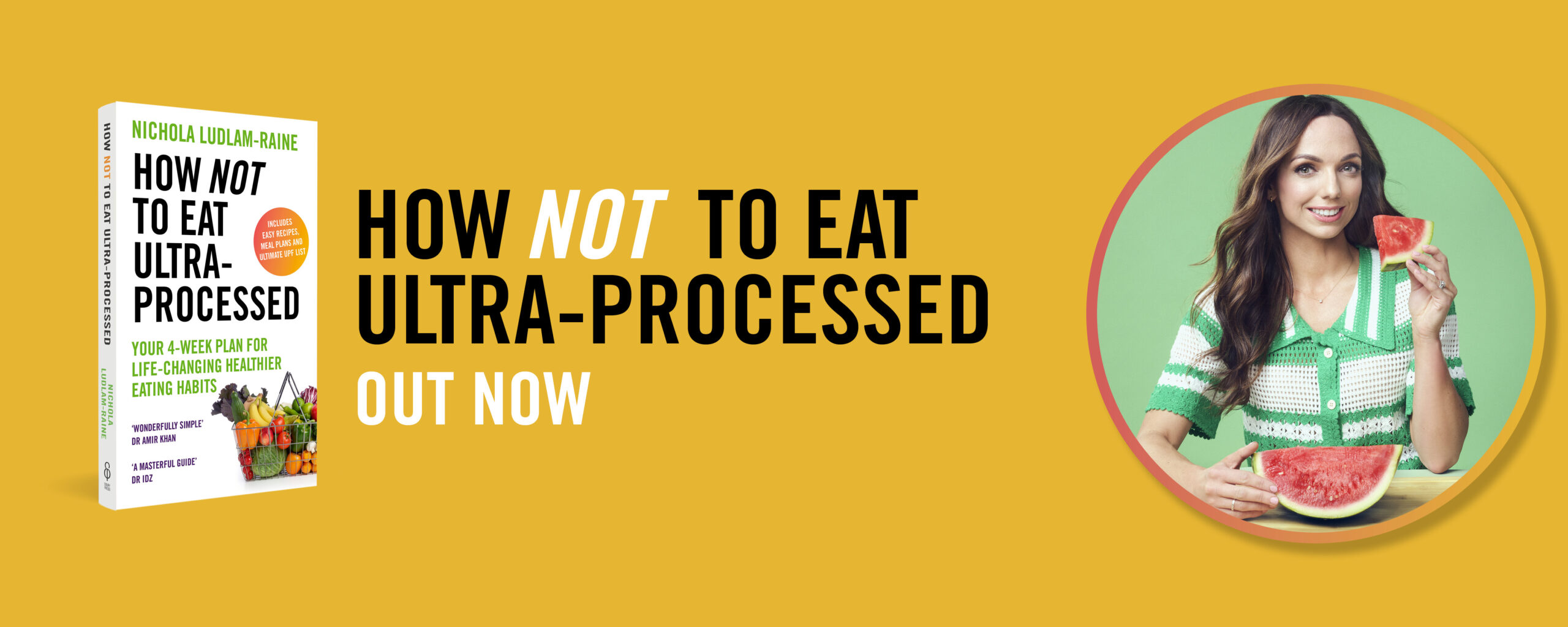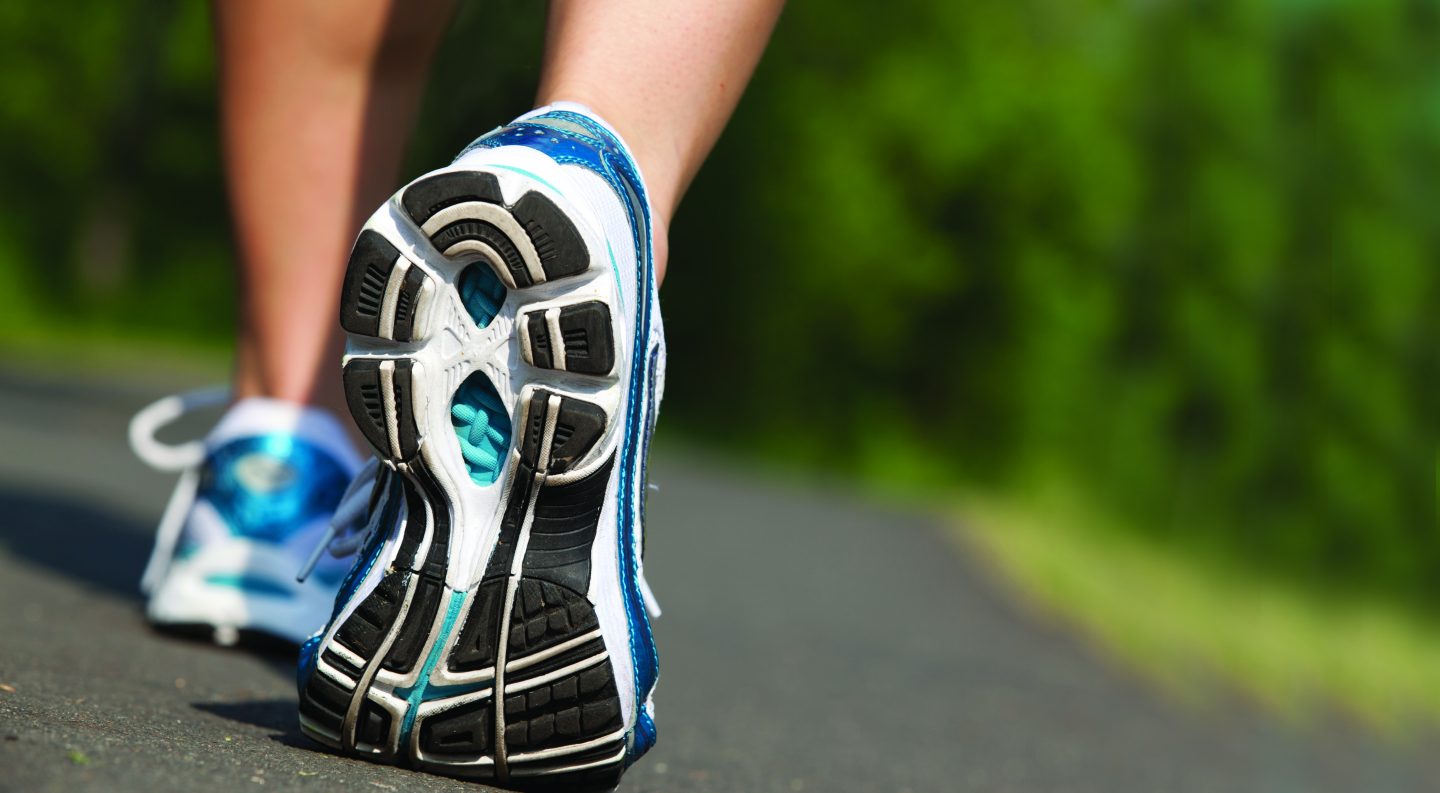
Earlier this year I was asked to write an article all about eating for sport for a special ‘Boys’ edition of the magazine Teen Breathe. I of course jumped at the chance and thought that I would share it with you below. The magazine is brilliant, and perfect if you have a teenage boy! Thank you to everyone who has passed on their positive comments so far!
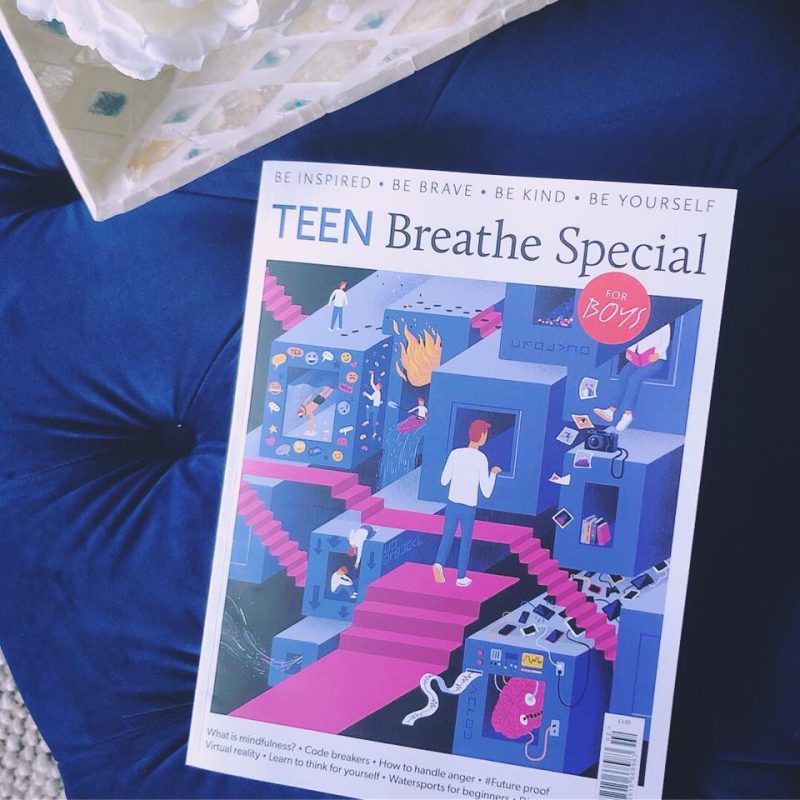
Eating & Fuelling up for Sport & Play.
You’ve probably heard the phrase ‘food is fuel’ and it’s true; food fuels your sporting activities, and it re-fuels your body helping you to recover and perform better next time too.
Eating a healthy diet that includes a balance of protein, fat, carbohydrates, vitamins, minerals and fluids is essential and it will help you to:
- Improve strength, co-ordination and reaction time
- Reduce the risk of illness and injury
- Recharge your energy stores ready for the next practice session, game or match
- Restore hydration levels so you can perform at your best during both school and sport
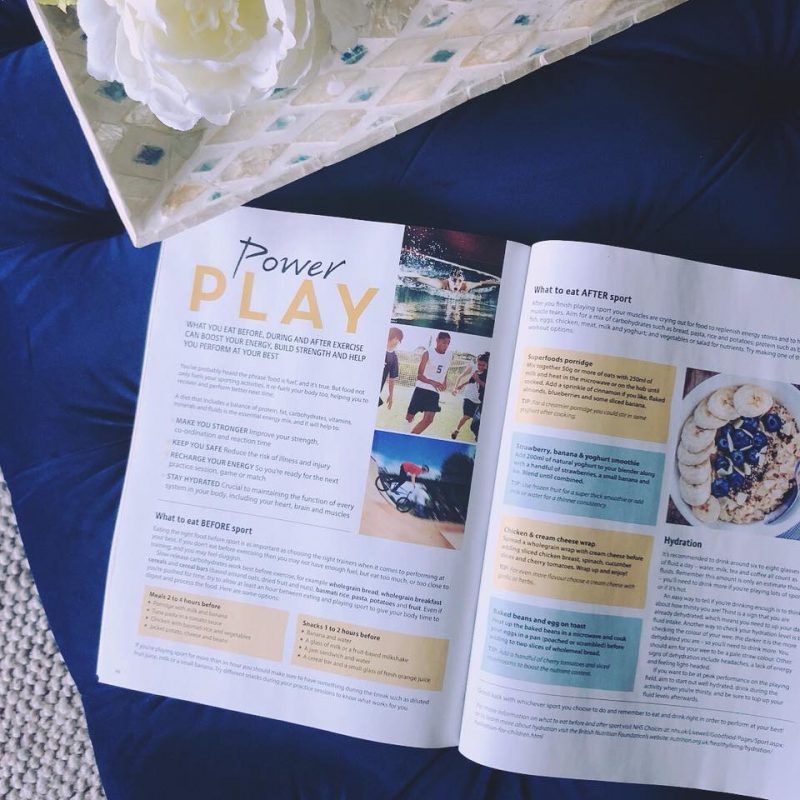
- What to Eat BEFORE Sport
Eating the right food before sport is as important as choosing the right trainers when it comes to performing at your best. If you don’t eat before training then you may not have enough fuel, but eat too much, or too close to training and you may feel sluggish.
In an ideal world you should eat slow release carbohydrate 2 to 4 hours before exercise, for example wholegrain bread, wholegrain breakfast cereals and cereal bars (based around oats, dried fruit & nuts), basmati rice, pasta, potatoes and fruit. Even if you’re pushed for time, you must still allow at least 60 minutes between eating and playing sport to allow time for your body to digest and process the food.
Try these options before the next time you play sport:
Meals 2 to 4 hours before: Porridge with milk and banana, tuna pasta in a tomato sauce, chicken with basmati rice and vegetables, jacket potato cheese and beans.
Snacks 1 to 2 hours before: Banana and water, a glass of milk or a fruit based milkshake, a jam sandwich and water, a cereal bar and a small glass of fresh orange juice.
If you’re playing sport for more than an hour you should make sure to have something during the break such as diluted fruit juice, milk or a small banana. Try different snacks during your practice sessions to know what works for you, and won’t give you an upset stomach on game day.
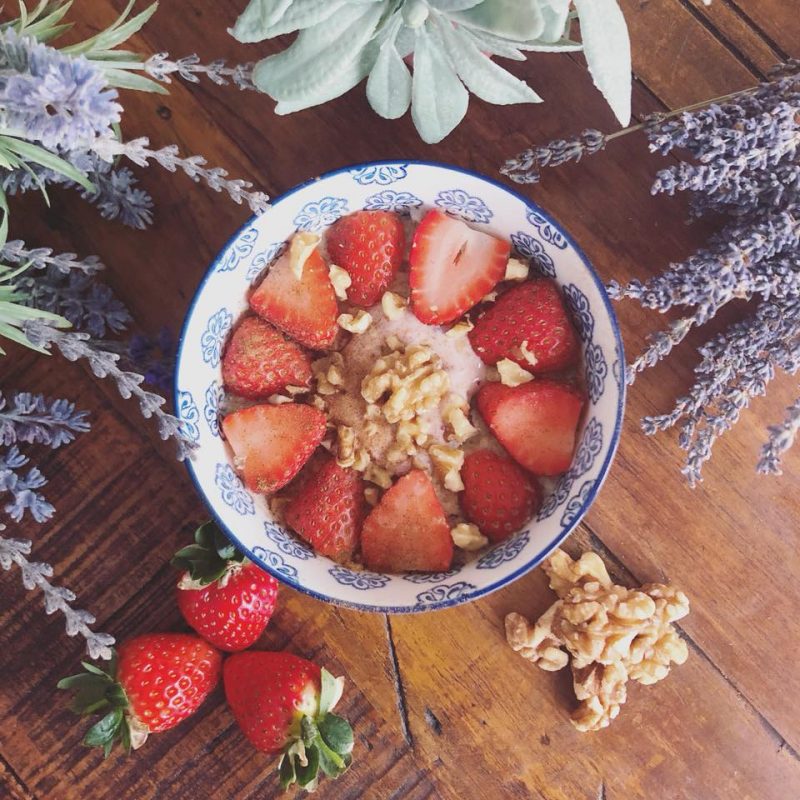
- What to Eat AFTER Sport
After you finish playing sport your muscles are crying out for food to replenish energy stores and to help repair muscle tears. Aim for a mix of carbohydrates such as bread, pasta, rice and potatoes, protein such as beans, lentils,fish, tofu, eggs, chicken, meat, milk and yoghurt, as well as vegetables or salad for nutrients.
My Top Healthy Post-Workout Snacks and Light Meals
1) Baked Beans and Egg on Toast: Heat up the baked beans in a microwave and cook your eggs in a pan (poached or scrambled) before adding to 2 slices of wholemeal bread. Tip: Add a handful of cherry tomatoes and sliced mushrooms to boost the nutrient content even more and use an olive oil based spread on the bread which is good for your heart.
2) Strawberry, Banana & Yoghurt Smoothie: Add 200ml of natural yoghurt to your blender along with a handful of strawberries, a small banana and ice. Blend until combined. Tip: Use frozen fruit for a super thick smoothie or add milk or water for a thinner consistency.
3) Superfoods Porridge: Mix together 1/2 cup (50g) or more of oats with 250ml of milk and heat in the microwave or on the hob until cooked. Add a sprinkling of cinnamon (optional), flaked almonds or chopped walnuts, raspberries & sliced banana. Tip: For a creamier porridge you could stir in some yoghurt after cooking.
4) Chicken & Cream Cheese Wrap: Spread a wholegrain wrap with cream cheese before adding sliced chicken breast, spinach, cucumber slices and cherry tomatoes. Wrap up and enjoy! Tip: For even more flavour choose a cream cheese with garlic or herbs.
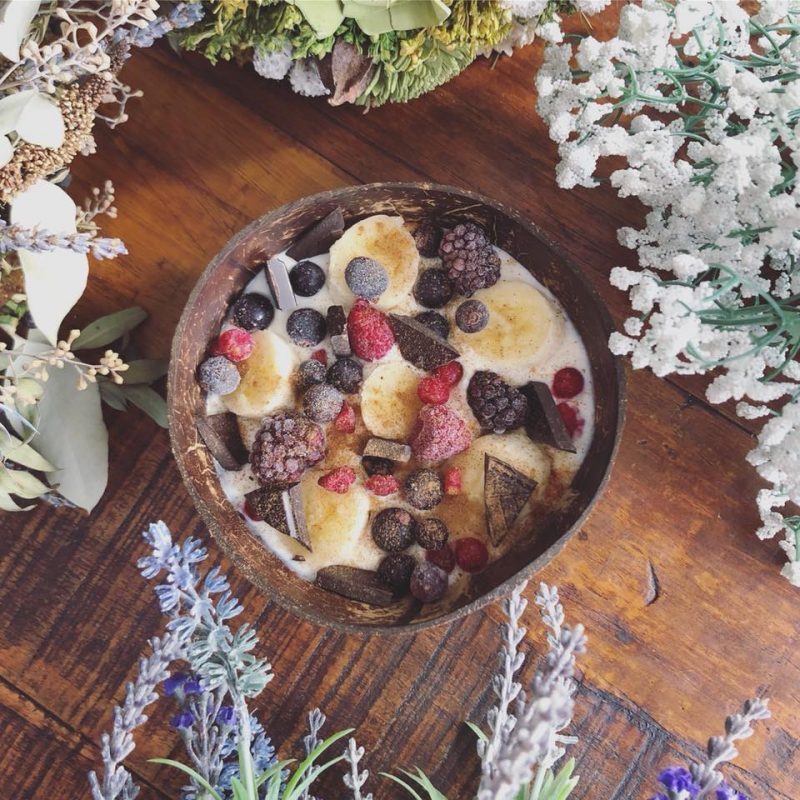
- Hydration
It is generally recommended to drink around six to eight glasses of fluid a day; water, milk and squash all count as ‘fluid’. This amount is however only an estimate and you will need to drink more if you are playing lots of sport or if it’s hot i.e. if you are sweating more.
An easy way to tell if you’re drinking enough is to see if you’re thirsty or not! Thirst though is unfortunately a sign that you are already dehydrated, which means you need to up your daily fluid intake. Another way to check your hydration level is by checking the colour of your wee; the darker it is the more dehydrated you are, and so you need to drink more. You should aim for your wee to be a pale straw colour. Other signs of dehydration include headaches, a lack of energy and feeling lightheaded.
Aim to start playing your sport well hydrated, drink during the activity when you’re thirsty, and be sure to top up your fluid levels afterwards.
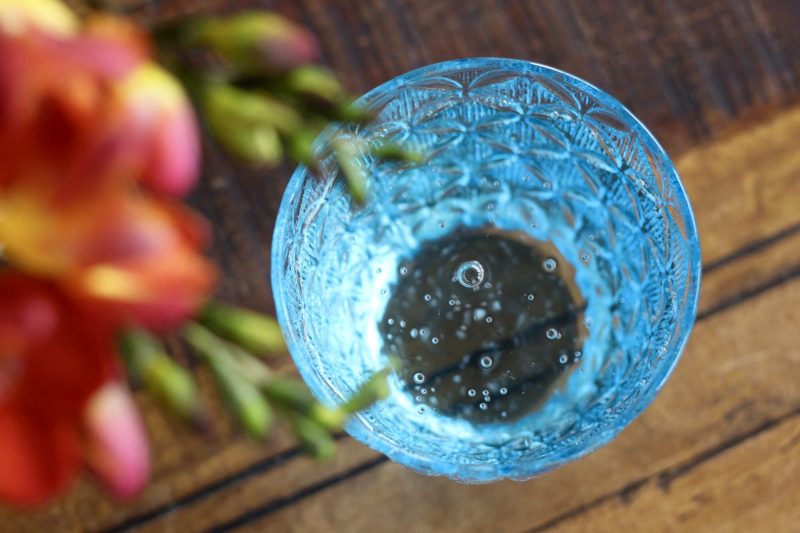
Good luck with which ever sport you choose to do and remember to eat and drink accordingly in order to perform at your best!
For more information on what eat before and after sport visit the NHS Choices website & for more information about hydration visit the British Nutrition Foundation’s website.
